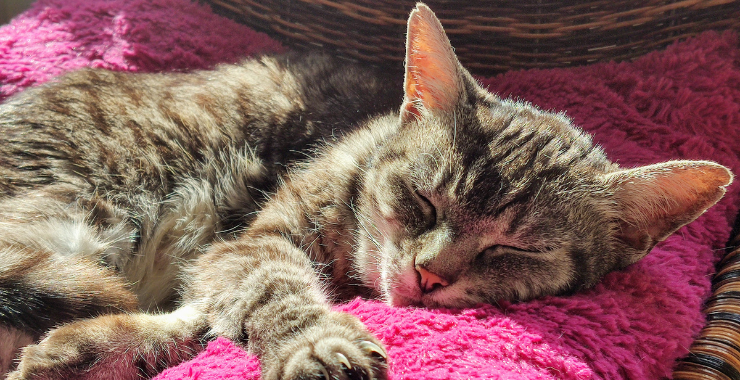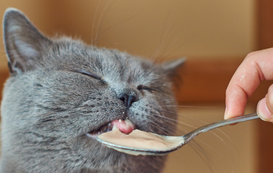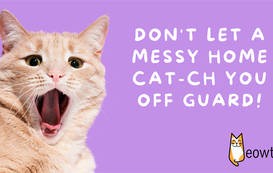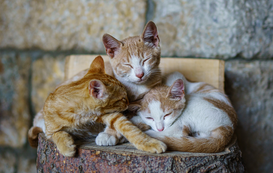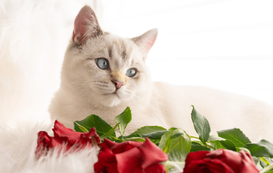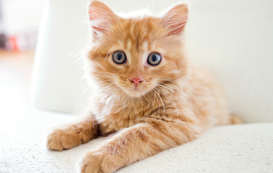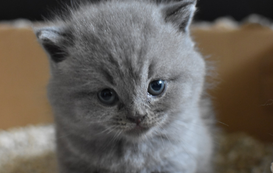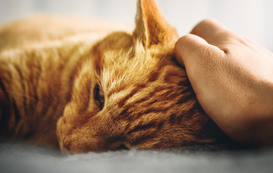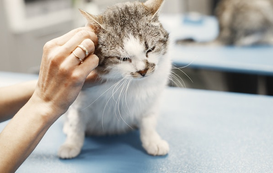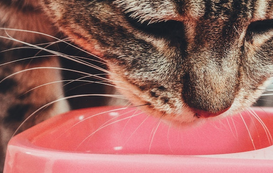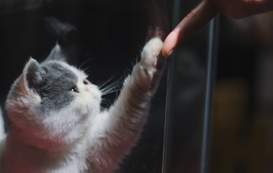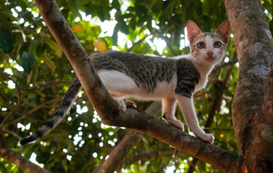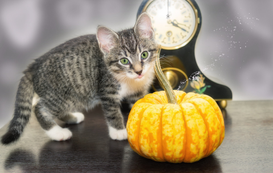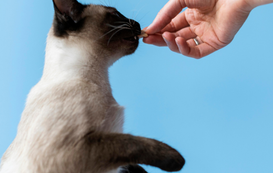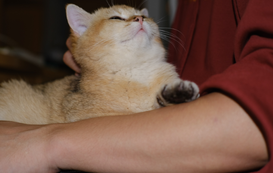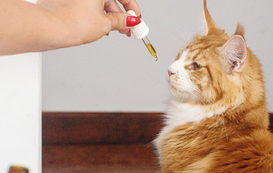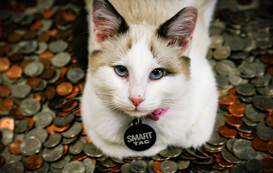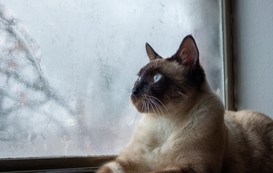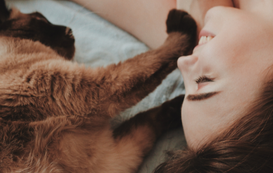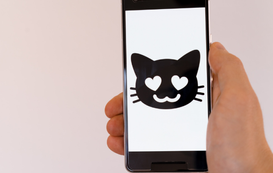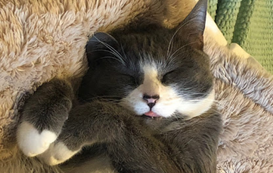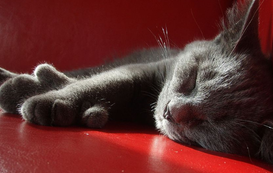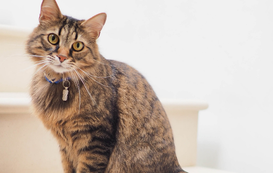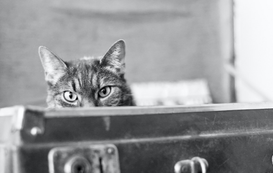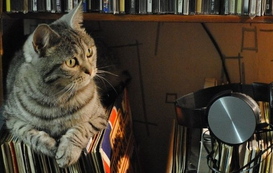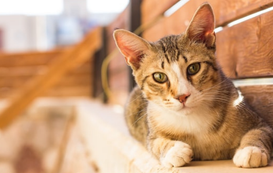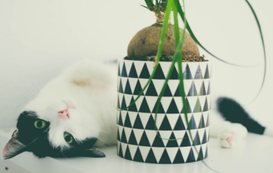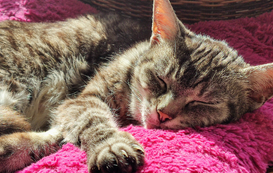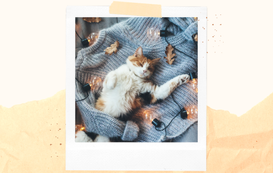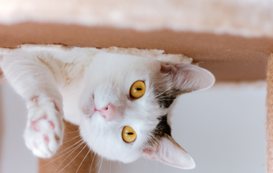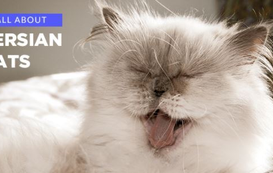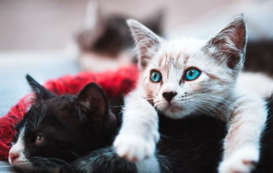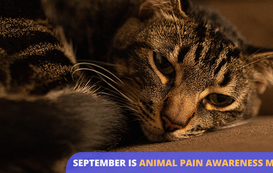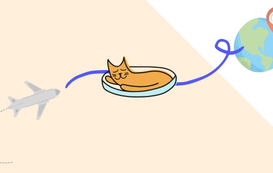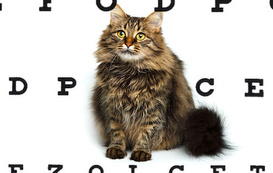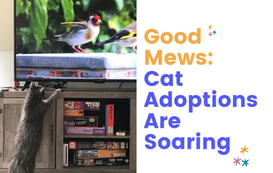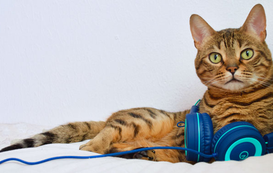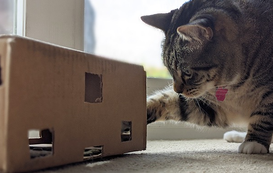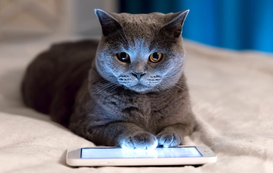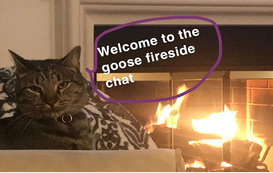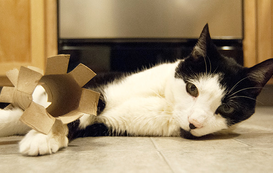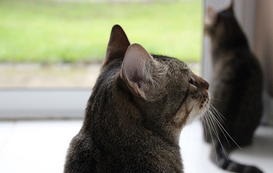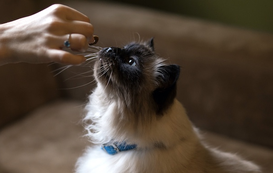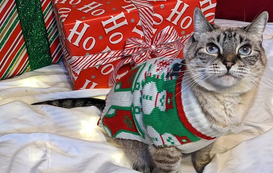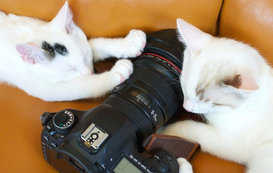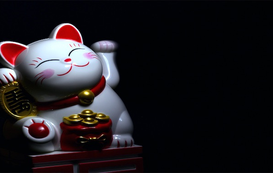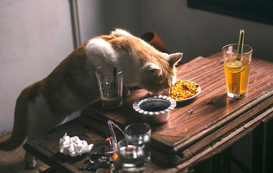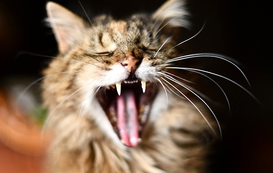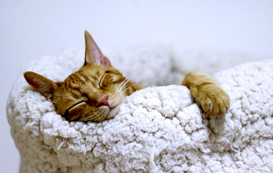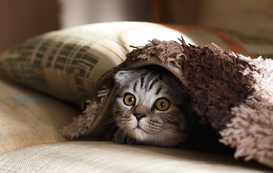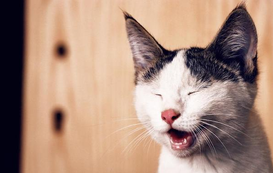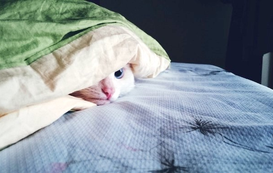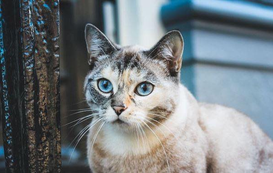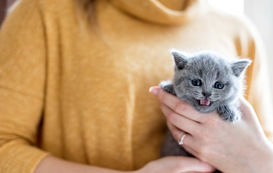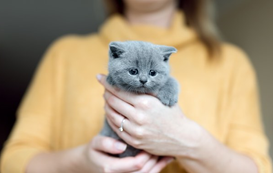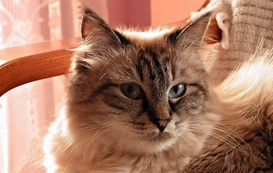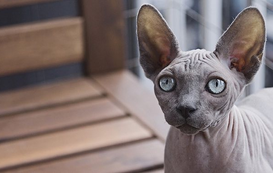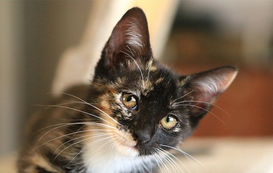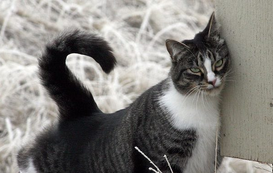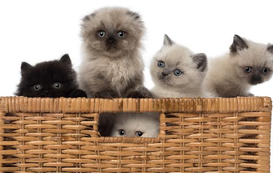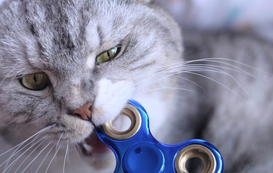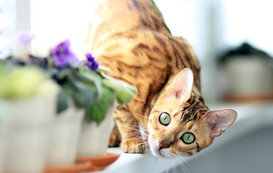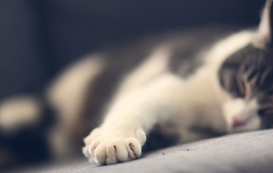Ever wonder what's going on in your cat's brain? You're not alone. Your cute feline friend likely emits a full range of sounds and purrs. We can talk back to them and have our little catversations, but what do their sounds really mean?
While not all domestic cats purr, of those that do, their low-frequency purring sounds signify many emotions. From purrs, grumbles, to roars you might be surprised to learn that big cats talk, too! Some wild cat species also produce a variety of vocalizations, including leopards, cheetahs, cougars, and bobcats.
Understanding the sentiment behind the sound produced by a cat's vocal cords is the first step towards understanding what their meows really mean.
How Do Cats Purr?
Cats purr by using their laryngeal muscles. The exact mechanism of purring isn't completely understood, but it is generally believed to involve the repetitive contraction and relaxation of the muscles within the voice box or larynx.
Simply put, the brain sends repetitive neural oscillator signals to the voice box muscles. These signals cause the muscles to twitch, which creates the distinctive sound of a cat's purr.
Cats can purr during inhalation and exhalation, which differs from many other vocalizations. This allows them to purr continuously, sometimes up to the frequency of 150 hertz.
Can Cats Control Their Purring?
Yes, they can! While some purring is a reflexive and involuntary common behavior to feeling content and relaxed, purring can also be used for communication. Cats can also purr when they are stressed or don't feel well and when they want attention from their humans. So, if you're wondering if your furry friend is intentionally purring for more food, they probably are.
What Does It Mean When Cats Purr?
When cats meow, the sound produced by the vocal folds represents many different emotions. The meaning depends on the context and the individual cat's temperament. Here are some common reasons why cats purr:
1. They're Content and Relaxed
Cats often purr when they are relaxed, comfortable, and content. This reaction is mostly involuntary. It happens when they are being petted, getting cuddles, or are in a familiar and safe environment.
2. They're Communicating With One Another
Mother cats purr to communicate with their kittens. Kittens, in turn, may purr to signal contentment to their mother. Together, their form of communication reinforces bonding and creates a reassuring atmosphere.
3. They're Self-Soothing
Cats may purr to self-soothe when they're injured or sick. The vibrations produced by the cat's vocal chords have been suggested to release endorphins which have a healing power on their bodies, even promoting lower blood pressure and improving bone density!
4. They're Experiencing Stress or Discomfort
Purring may also mean that a cat is stressed or anxious. It's thought that purring may help them cope with or alleviate discomfort.
5. They're Looking for Attention
Solicitation purrs like high-pitched trilling are a way for cats to get attention, and it's especially common if they're used to purring to receive food. Loud meowing isn't always thought to be one of the benefits of living with a cat, but they're doing everything they can to communicate with their cat parents!
6. They're Soliciting Social Bonding
Purring can be a social behavior, strengthening bonds between cats or between a cat and its human. Cats might purr when close to their favorite humans or feline companions.
What Are the Different Types of Purring?
Contentment Purring
This is the most common type of purring associated with a cat's content and relaxed state. It often occurs when a cat is petted, cuddled, or in a comfortable and secure environment.
Solicitation Purring
Cats may purr to solicit attention, especially if they've learned that purring gets them what they want, such as food or playtime. This can be more persistent and may be accompanied by other behaviors like purring while kneading or while rubbing against you.
Sleep Purring
Some cats purr softly while they are asleep. This is usually a sign that they feel safe and secure even in their unconscious state.
Healing Purring
Cats may purr when they are injured or unwell. The vibrations produced during purring have been suggested to have a healing effect, and some cats seem to purr when they are in pain or distress.
Mother-Kitten Communication Purring
Mother cats purr to communicate with their kittens, and kittens may purr to share with their mother. This purring type fosters bonding and offers both cats a sense of security.
Anxiety or Distress Purring
In some cases, cats may purr when they are anxious or distressed. This type of purring is often accompanied by other signs of stress, like a tense body posture or dilated pupils.
How Do You Know if Purring is Good or Bad?
Look for context clues if you're wondering if your cat's purring is good or bad. It always depends on your pet's accompanying behaviors.
Signs of Good Purring
- Relaxed body language
- Head rubbing, nuzzling, and gentle kneading are all your kitty's displays of affection
- Enjoyment of normal activities, like grooming, exploring, or playing
Signs of Bad Purring
- Tense body language, such as flattened ears and dilated pupils, can indicate stress, fear, or discomfort
- Aggressive behavior, like hissing, swatting, or growling
- Excessive purring can signal a change in health and be for self-soothing purposes
- Anxiety or depression in instances when the cat is isolated or left home alone
Looking for a purrfect companion while you're away? Find a cat sitter on Meowtel today!

